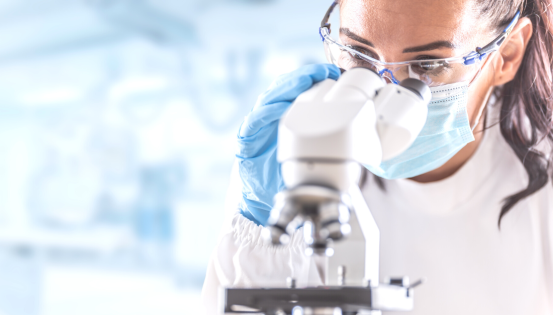Biopharmaceutical production is undergoing rapid transformation, reshaping how therapies are developed, manufactured, and delivered while enhancing patient outcomes and operational efficiency.

Enhanced Cell Culture Approaches
Innovative cell culture techniques are boosting biopharma manufacturing capabilities. Methods like fed-batch and perfusion processes produce biologics with higher purity and yield. By tightly controlling variables such as temperature, pH, and nutrient availability, companies can accelerate production, reduce costs, and maintain consistency. Continuous processing allows real-time monitoring and adjustments, improving both efficiency and safety.
Single-Use Systems (SUS)
Single-use bioreactors and disposable systems have revolutionized production by minimizing contamination risks and cutting cleaning time. These systems enable rapid setup and scalable operations with flexible production models. For emerging biotech companies, SUS offers cost-effective solutions that enhance agility and competitiveness in a fast-moving market.
Automation and Artificial Intelligence
Automation and AI are increasingly central to biopharmaceutical manufacturing. Intelligent systems analyze large datasets in real time, optimize workflows, and predict maintenance needs. Robotics handle repetitive tasks, allowing skilled staff to focus on complex processes. These technologies enhance reliability, reduce waste, and contribute to safer, more efficient production.
Advances in Quality Control
High-throughput screening and advanced analytics, including chromatography and mass spectrometry, support rigorous quality assurance. Thorough testing ensures product safety, consistency, and regulatory compliance. Strong quality control fosters trust among regulators, healthcare providers, and patients, confirming that biopharma products meet strict standards.
DNA and RNA Innovations
DNA and RNA platforms are transforming therapeutic development. mRNA technology, highlighted by COVID-19 vaccines, allows rapid therapy production, while gene therapies continue to offer potential solutions for previously untreatable diseases. These advances enable personalized treatments tailored to individual patients.
Sustainable Manufacturing Practices
Sustainability is becoming a priority in biopharma. Renewable energy use, waste minimization, and water conservation are increasingly common. Circular economy strategies, repurposing by-products as raw materials, lower environmental impact, reduce costs, and enhance operational efficiency, strengthening industry competitiveness.
Industry and Healthcare Impact
These innovations support agile, patient-centric production models. Higher efficiency, reduced costs, and improved product quality allow companies to meet healthcare demands faster. Patients gain quicker access to effective treatments, and organizations become more adaptable and resilient.
Looking Forward
The biopharma sector’s evolution underscores its expanding role in global healthcare. Staying informed on emerging trends is critical, as these technologies will continue to shape the future of therapeutic production and delivery. Industry resources such as the Biotechnology Innovation Organization (BIO) and International Society for Pharmaceutical Engineering (ISPE) offer valuable insights into these ongoing developments.
